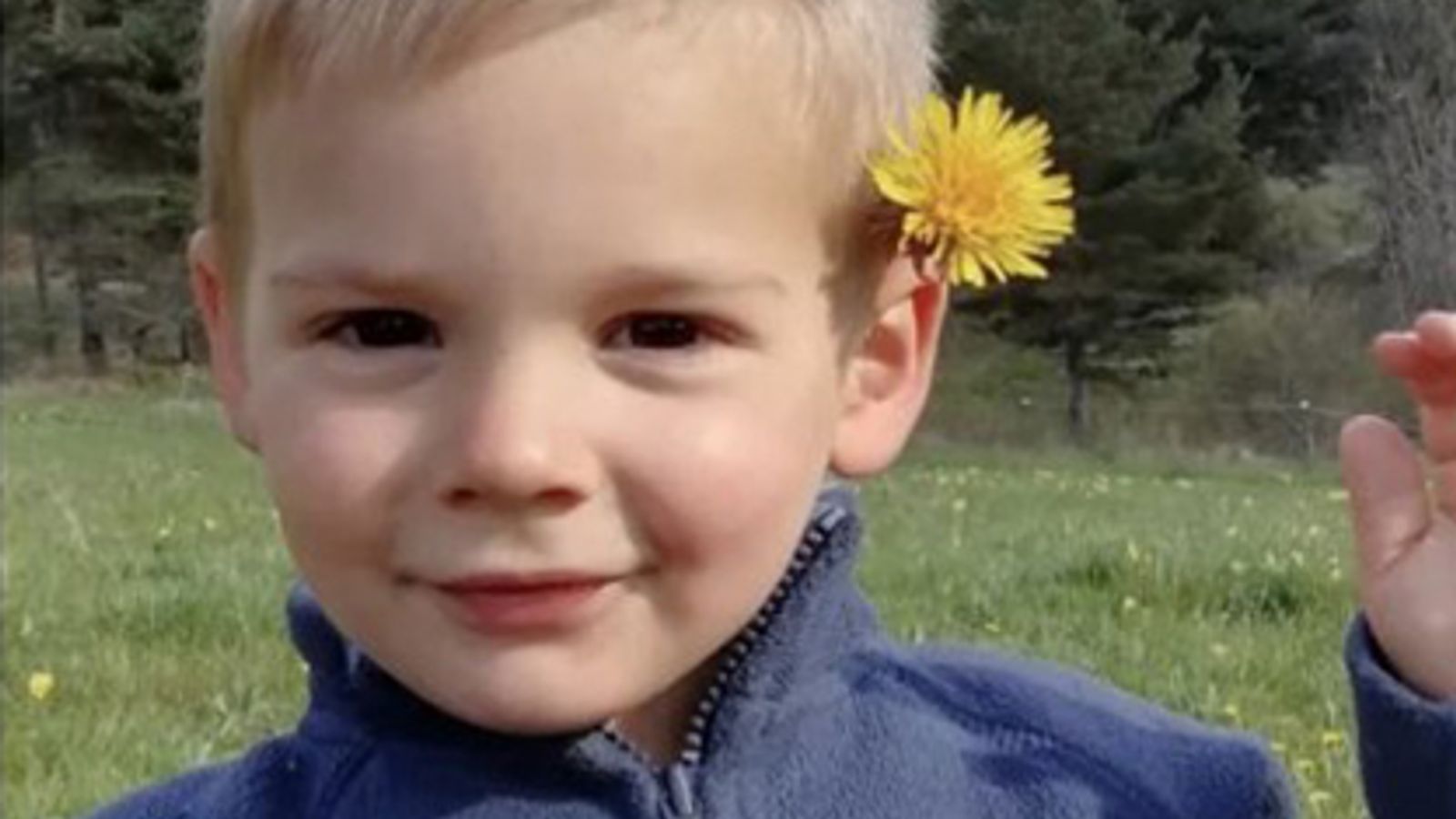The Sam Bankman-Fried (SBF) trial reached a head on Nov. 1, with both sides presenting their closing arguments to the jury before it deliberates on a verdict.
The prosecution’s closing argument revolved around painting Bankman-Fried as a serial liar driven by greed and who intentionally took customer deposits on fraudulent terms and spent them.
Meanwhile, the defense told the jury that the government’s portrayal of the former billionaire was unfair and untrue, maintaining Bankman-Fried’s failings to be a series of business mistakes.
Greed and fraud
Assistant U.S. Attorney Nicolas Roos kicked off the prosecution’s closing statements by emphasizing the enormous weight of the evidence presented by key witnesses throughout the trial. He reiterated to the jury:
“Almost a year ago, thousands of people from all over the world who deposited money with FTX started withdrawing funds.”
It is undisputed that a staggering $10 billion from FTX’s crypto exchange vanished, with a portion utilized for varied purposes such as real estate investments, loan repayments, and political donations.
Roos pressed on the heart of the matter for the jury: whether SBF recognized his actions in misappropriating the funds as wrong. He asserted:
“The defendant schemed and lied to get money, which he spent.”
Roos also highlighted the difference in SBF’s demeanor when answering questions posed by his defense compared to those from the prosecution. He pointed out the repeated instances where the defendant responded with “I can’t recall” during questioning, noting the number exceeded 140 times.
The prosecutor also brought to the jury’s attention the timeline of questionable financial decisions made by directly and solely SBF, including massive transfers to various entities and personal expenses. Roos ended his argument by stating:
“That’s all you need to know to find him guilty.”
Roos provided a comprehensive timeline to jurors during his speech, detailing moments such as SBF discovering a $13.7 billion hole in FTX’s finances and subsequent financial transactions, suggesting they showcased the defendant’s guilt.
SBF acted in good faith
The defense painted a starkly different picture for the jury during its closing argument as lead counsel Mark Cohen took the helm to defend SBF.
Cohen started by telling the jury that the government’s portrayal of SBF is a caricature that has tried to make him look like a “monster” and a “villain.” He argued that the case was built on the false premise that FTX was designed as a fraudulent enterprise to steal customer funds intentionally.
Cohen lamented the narrative the prosecution had spun, likening it to a movie where his client was being vilified. He added that the prosecution had used SBF’s lifestyle choices and relationships to portray him as a “monster” without proving his guilt. Cohen remarked:
“Every movie needs a villain.”
The defense went on to bifurcate the case into two distinct periods. The first spanned from 2019 to 2021, where he asserted there was no hint of criminal intent, and everyone involved believed they were part of the most successful crypto exchange globally.
The second period — from June 2022 to November 2022 — marked the industry’s downturn when many businesses failed, and Alameda’s misuse of customer funds came to light.
Cohen told the jury that SBF believed the shortfall was a liquidity problem rather than a solvency issue and thought there were sufficient funds to deal with the issue both on and off the exchange. He further emphasized that poor business decisions do not equate to criminal acts.
The defense urged the jury to recognize the distinction and understand that the burden of proving SBF’s criminal intent rests heavily on the prosecution, a burden that the defense believes has not been met.
Deliberations
The trial is set to conclude in the coming days, with the jury expected to deliberate and arrive at a verdict within a day or two, barring any unforeseen delays.
The trial, which began in early October, has seen testimonies from several key witnesses, including those close to SBF. Among them were Caroline Ellison, his ex-girlfriend and former Alameda co-CEO, and Gary Wang, FTX’s co-founder.
Both pleaded guilty to charges in December 2022 and served as key witnesses for the prosecution during the trial.
Judge Lewis Kaplan, overseeing the trial, expressed a desire for a verdict by the evening of Nov. 2. He asked if the jury would be okay with extending their hours to ensure a verdict is reached on time.
If convicted, SBF faces a potential life sentence for charges including wire fraud, securities fraud, and money laundering, all linked to the dramatic downfall of FTX and its sister hedge fund, Alameda Research.
The post SBF Trial Day 16 — Both sides enter closing arguments as jury prepares to deliberate appeared first on CryptoSlate.








